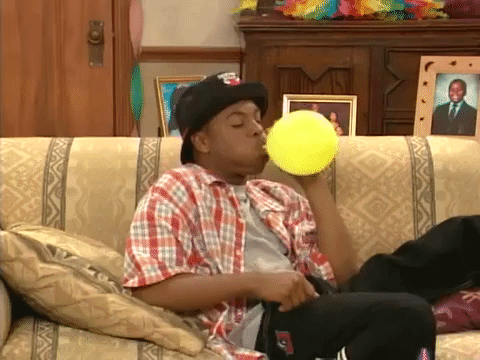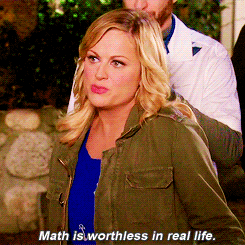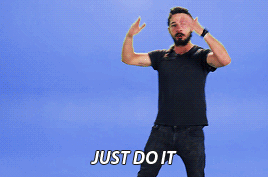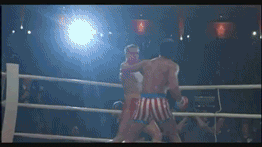3 Training Mistakes To Avoid!
I’ve been trying to think of an introduction to this for 30 minutes and have decided instead to just refer you to the self-explanatory title. Look up at it. And then look down to read the rest. Good day.
Can’t catch the trick? Catch your breath first.

Breathing is important. Without it we die. So why do we pay so little attention to it?
I see this all the time, especially at workshops where there’s a certain ‘time crunch’ element to learning a skill, people attempt skills back to back, over and over again without giving themselves time to rest in-between.
One of the key pillars of Crossfit, and what makes it so challenging, is you’re asked to perform complex movements under ‘metabolic demand’, which is a fancy way of saying ‘being out of breath’. You learn these complex & difficult movements (Snatch, Muscle Up, Clean & Jerk), and then to make them more challenging and more difficult, you couple them with exercises that raise your heart rate (Skipping, Running, Burpees).
Movements are harder to do under higher metabolic demand. The harder you’re breathing, the harder a movement is to do. Breathing harder makes movement harder, and by virtue: harder to learn. See where I’m going with this?
If you’re attempting to learn something new, and you’ve done 10 in a row, and you’re breathing heavy as you set up for the next one, you are hampering that attempt and your own learning. Take the time to catch your breath or try to at least bring it down a little.
I’m not suggesting taking 5-minute breaks in between each attempt, but I’ve seen people look like they’ve just run a marathon setting up for their 16thinlocate in a row. Take a breather. Let your body recover, let your brain digest some of the new information. Whatever you’re working on will be better off for it.
Math is sexy: Diminishing Returns

More does not always equal better. It would be nice if every attempt of a trick, gave you 10 points of progress towards that trick or towards an improvement. Unfortunately, that is not always the case. You will hit a point of diminishing returns. Each attempt will contribute less and less progress than the ones before it.
You know the feeling, you’ve been working on a trick for a while and at the start you were making clear, tangible improvements from one attempt to the next. Every time you attempted the trick, you felt it got a little bit better. Hurrah. But then, alas, disaster strikes, and you try the trick and it was worse than the one before. And then again, another attempt that feels like a step backward.
You say, ‘ok we’re gonna try again and make it better’, but heavens! It’s not better. It’s worse again. You get frustrated and keep pushing through, attempt after attempt with no signs of the improvement you once had. You my friend, have reached the point of diminishing returns for that trick, and it might be time to stop and move on to something else.
It’s so easy to fall victim to this, I’ve done it and I’ve watched countless others do it, and it’s the quickest way to get frustrated, angry or even hurt. Even Rocky knew when to throw in the towel. I think. I’ve never seen any of the Rocky movies. I just know that Dolph Lundgren punched him into next week one time. I think. This metaphor has gotten off track.
Make the smart choice and say, ‘This is no longer getting better, our time would be better spent on something else’. Or, follow mine and Isis’ rule of:
‘We’ll do this trick until you’re sad’
Just Do It

(Probably my favorite GIF I've ever found)
I’m gonna put my hand up on this one! I’m the absolute worst at this.
I always want to dissect what we just did, outline what went wrong, and the corrections needed. This isn’t always helpful. Sometimes you have to just let the internal feedback mechanism of you and your partner run its course. Time you spend talking is time spent not training.
This is something I’m incredibly mindful of in my coaching. When I work with someone and we start working on a trick, unless anything catastrophic happens, I’ll give them ‘three for free’.
Three attempts of a trick before I say a single world. One attempt is not enough information, for me or for them. Was it a fluke? Did something weird happen that never normally happens? Three attempts are a decent minimum before we start talking about and dissecting a trick. You could probably stretch that to five and be fine.
Obviously, if there’s some huge misunderstanding, or clear lack of preparation I’m going to step in and you should too. But don’t be afraid to not say anything and just try again. Our internal feedback system is very strong and gets stronger with experience. You quickly learn to analyze and solve mistakes you made on your own. Just a quick ‘I’m gonna do X’ is all you need before you hop back up and try again.
Take the time to let your partner know you’re doing this on purpose, so they don’t just think you’re stonewalling them. @danieacro puts a similar rule in place whenever she works with someone new.
< is >
These aren’t easy things to do! A lot of them are asking you to do less, which I know is hard. Think of it as doing less to do more. By making these changes, even just one, you’re helping to make your training or practice that little bit more worthwhile.
It feels counterintuitive to say, ‘Sometimes you’ll get better at a skill by doing it less’, but in my experience coaching others, and even in my own practice I’ve seen it work time and time again.
So, remember:
Less is more.
Quality over quantity.
Rocky over Ivan.

